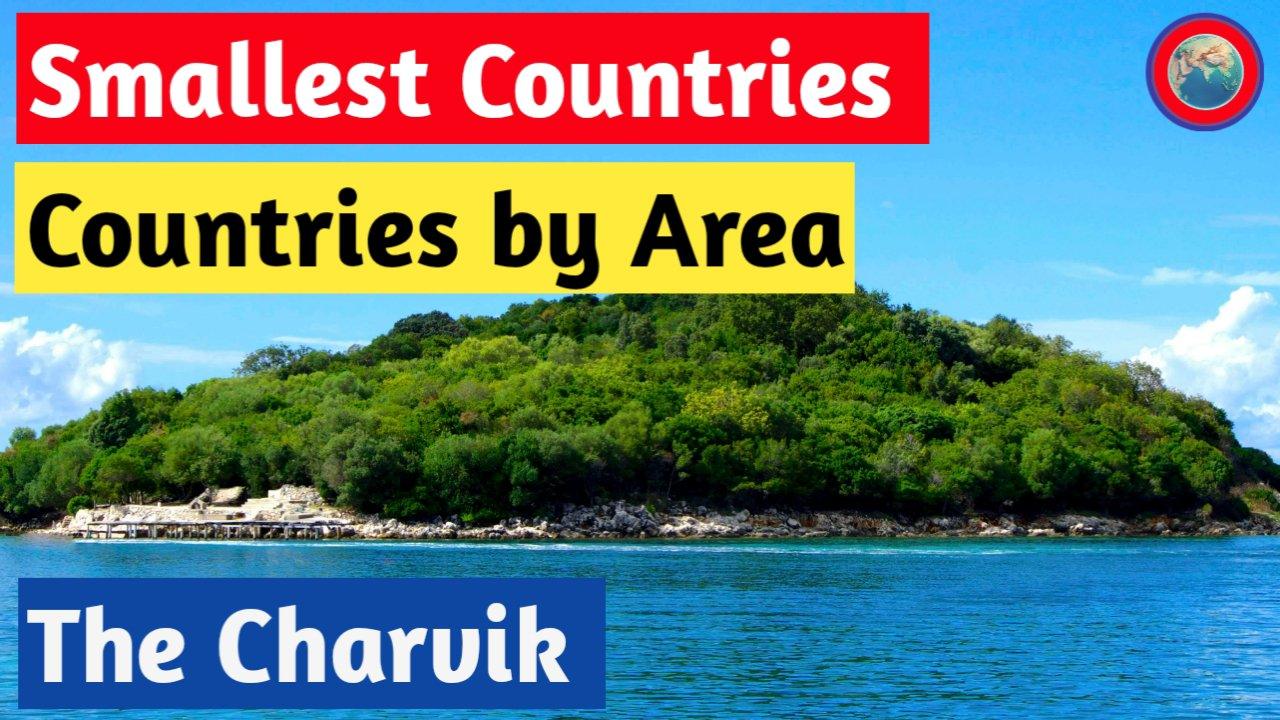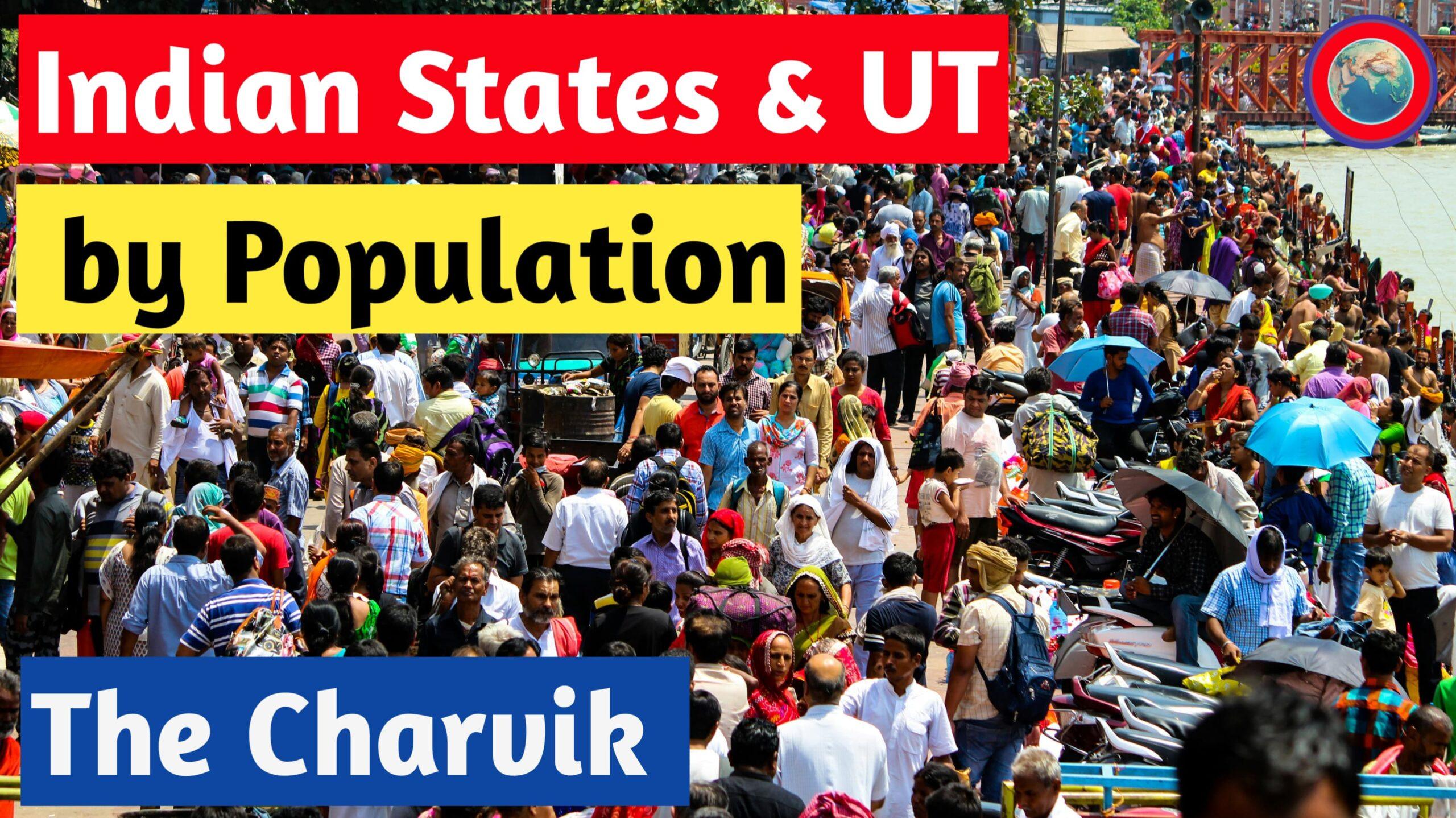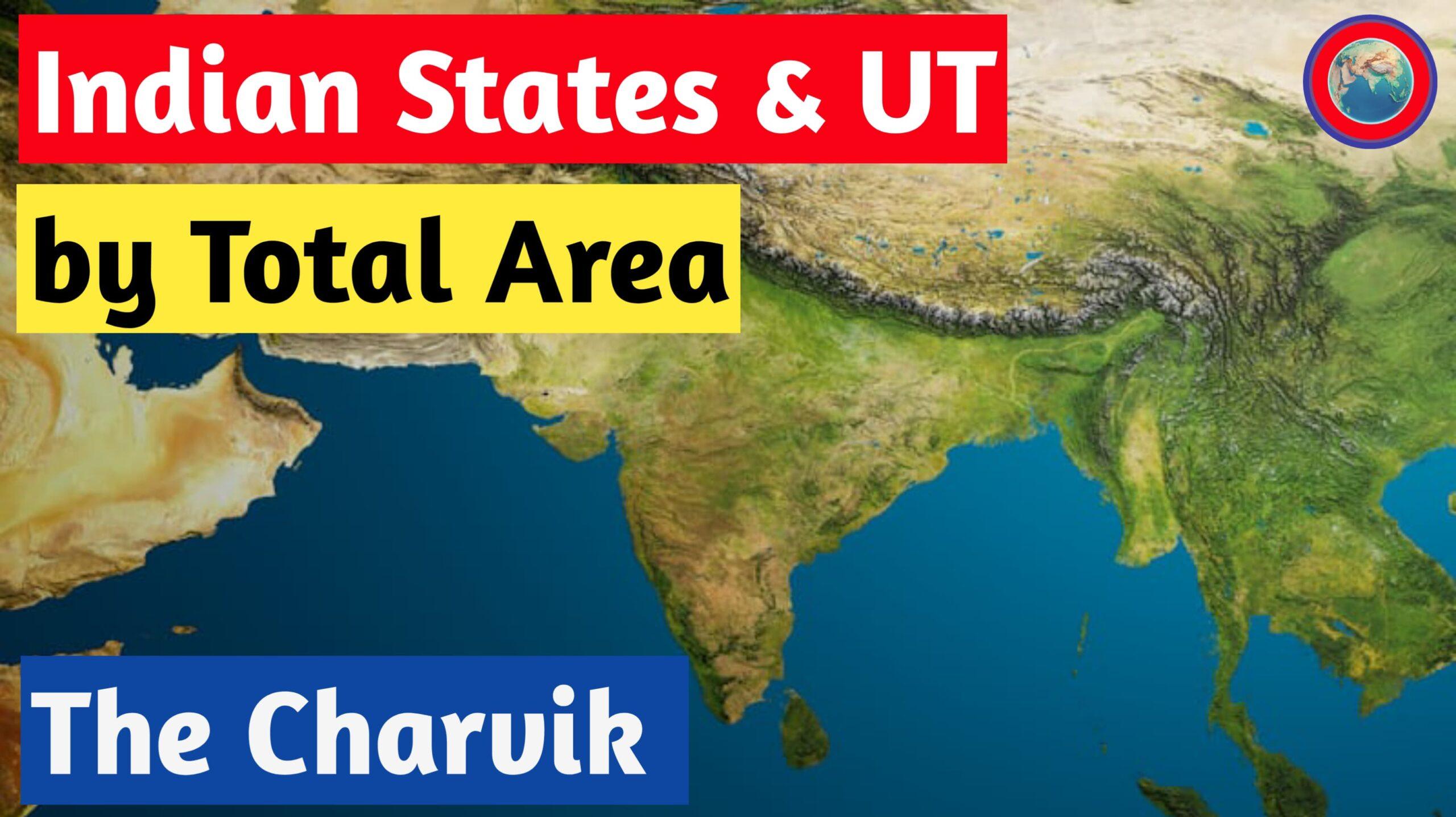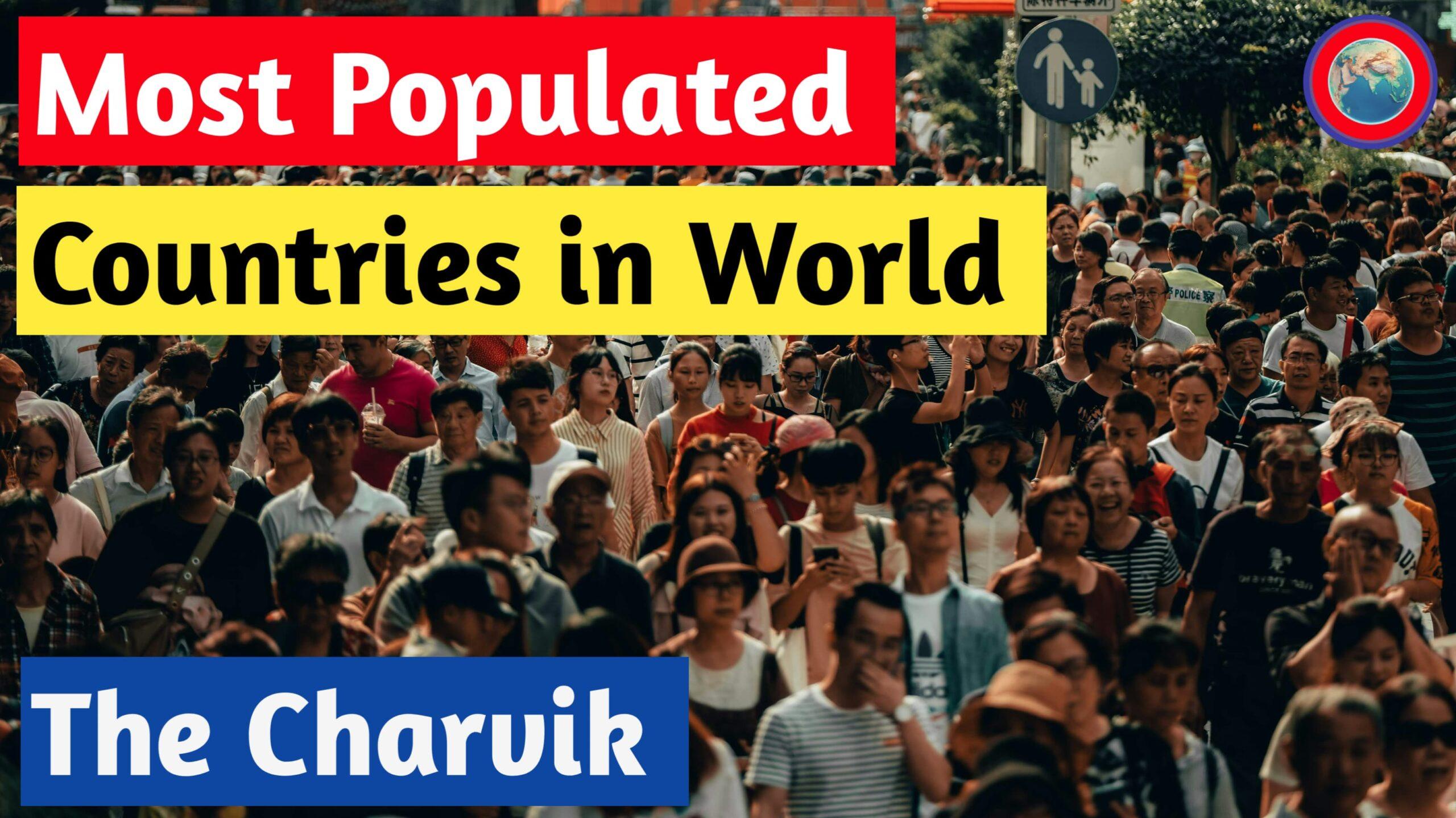Gold Reserve is the gold held by a government or central bank. Many nations hold significant gold reserves as part of their financial strategy, ensuring economic security and influencing global markets. Gold has long been a symbol of wealth and stability, crucial in the global economy. The United States holds the largest gold reserves in the world, with approximately 8,133 metric tons. Following closely behind are Germany, Italy, France, and Russia, each having substantial gold reserves that play a crucial role in their financial stability, economic policies, and international influence. According to the World Gold Council, the rankings of gold reserves by country highlight this growing trend.
Key highlights about Gold Reserves
The total gold reserves held by countries around the world amount to approximately 35,900 metric tons. Countries hold gold reserves for various strategic reasons. Central banks preferred gold as the safest asset.
| Total Gold Reserves | 35938.6+ Metric Tons |
| Country with largest reserve | United States |
| Organization with largest reserve | International Monetary Fund |
The United States possesses the largest gold reserves in the world, totaling approximately 8,133 metric tons, reinforcing its status as a dominant force in the global economy. Trailing behind are Germany, Italy, France, and Russia.
Largest Gold Reserves by Country
Gold Reserves in Metric Tons
| ^ | Country/Organization | Holdings (in Metric Tons) |
|---|---|---|
| – | World | 35938.6+ |
| 1 | United States | 8133.5 |
| 2 | Germany | 3351.5 |
| – | International Monetary Fund | 2814.0 |
| 3 | Italy | 2451.8 |
| 4 | France | 2437.0 |
| 5 | Russia | 2332.7 |
| 6 | China | 2279.6 |
| 7 | Switzerland | 1039.9 |
| 8 | India | 876.1 |
| 9 | Japan | 845.9 |
| 10 | Turkey | 765 |
| 11 | Netherlands | 612.4 |
Gold reserves play a vital role in shaping national economic policies, influencing global trade, and reinforcing financial security. Countries with significant gold holdings use their reserves to stabilize currencies, hedge against economic risks, and maintain international economic influence. While the distribution of gold reserves among nations remains relatively stable, economic and geopolitical shifts continue to impact national strategies regarding gold accumulation and management. As global financial landscapes evolve, gold will likely remain a key asset for economic stability and international power dynamics.
Reference
Source: World Gold Council Ranking
See also: The Largest Countries by Population









Leave a Reply
You must be logged in to post a comment.